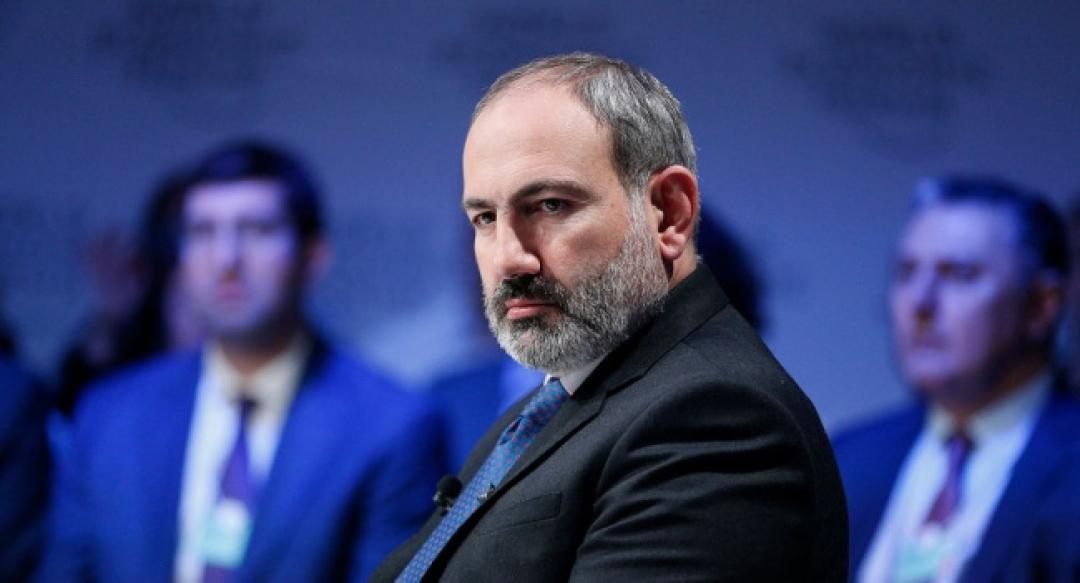
Pashinyan Highlights Armenia-Azerbaijan Peace Process at CIS Summit in Moscow

Armenian PM Nikol Pashinyan participated in the CIS Council of Heads of State session in Moscow on October 7. The leaders held both narrow and extended-format meetings.
During the narrow-format session, PM Pashinyan delivered a speech highlighting the progress made in the Armenia-Azerbaijan peace process. He emphasized Armenia’s commitment to peace and stability in the South Caucasus, citing recent achievements, such as the successful demarcation of three sections of the Armenian-Azerbaijani border based on the 1991 Alma-Ata Declaration. He also mentioned the signing of a regulation on the joint activities of the Armenian and Azerbaijani border demarcation commissions.
Pashinyan reaffirmed Armenia’s readiness to finalize and sign the peace agreement, noting that the parties have agreed on approximately 80 percent of the draft document. He urged mutual recognition of territorial integrity, the principle of non-use of force, and the establishment of diplomatic relations between Armenia and Azerbaijan.
“Another important aspect of establishing stability in the South Caucasus is the issue of unblocking all transport and economic connections. In this matter, we offer concrete solutions, which are reflected in the “Crossroads of Peace” project developed by us. The essence of this project is as follows: Armenia is ready to ensure the passage of vehicles, cargo, passengers, pipelines, cables through its territory: from Georgia to Iran and vice versa, from Turkey to Azerbaijan and vice versa, etc. We are ready to ensure the passage of vehicles, cargo, passengers, pipelines, and cables between the main part of Azerbaijan and the Autonomous Republic of Nakhichevan,” the Armenian PM noted.
Nikol Pashinyan outlined that while Azerbaijan suggested utilizing opportunities provided by Iran to connect with Nakhichevan if regional communications through Armenia remain closed, Armenia does not oppose such bilateral decisions between sovereign states. However, he reiterated that Armenia remains committed to opening regional routes and is prepared to facilitate transport through its territory under similar conditions to those offered by Iran. Additionally, Armenia is willing to consider certain simplifications in border control procedures that are in line with reciprocity, equality, sovereignty, and jurisdiction principles.
See Also


Mirzoyan Meets US Deputy Assistant Secretary Joshua Huck

Azerbaijani President Holds Talks with UAE and German Business Delegations on Economic Cooperation

Grigoryan Confirms Armenia’s Readiness to Dissolve OSCE Minsk Group Upon Peace Treaty Signing

Azerbaijani Official Warns of Ecological Risks to Caspian Sea, Similar to Lake Urmia and Aral Sea

